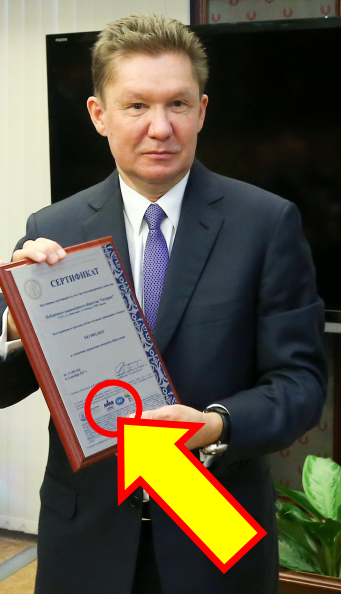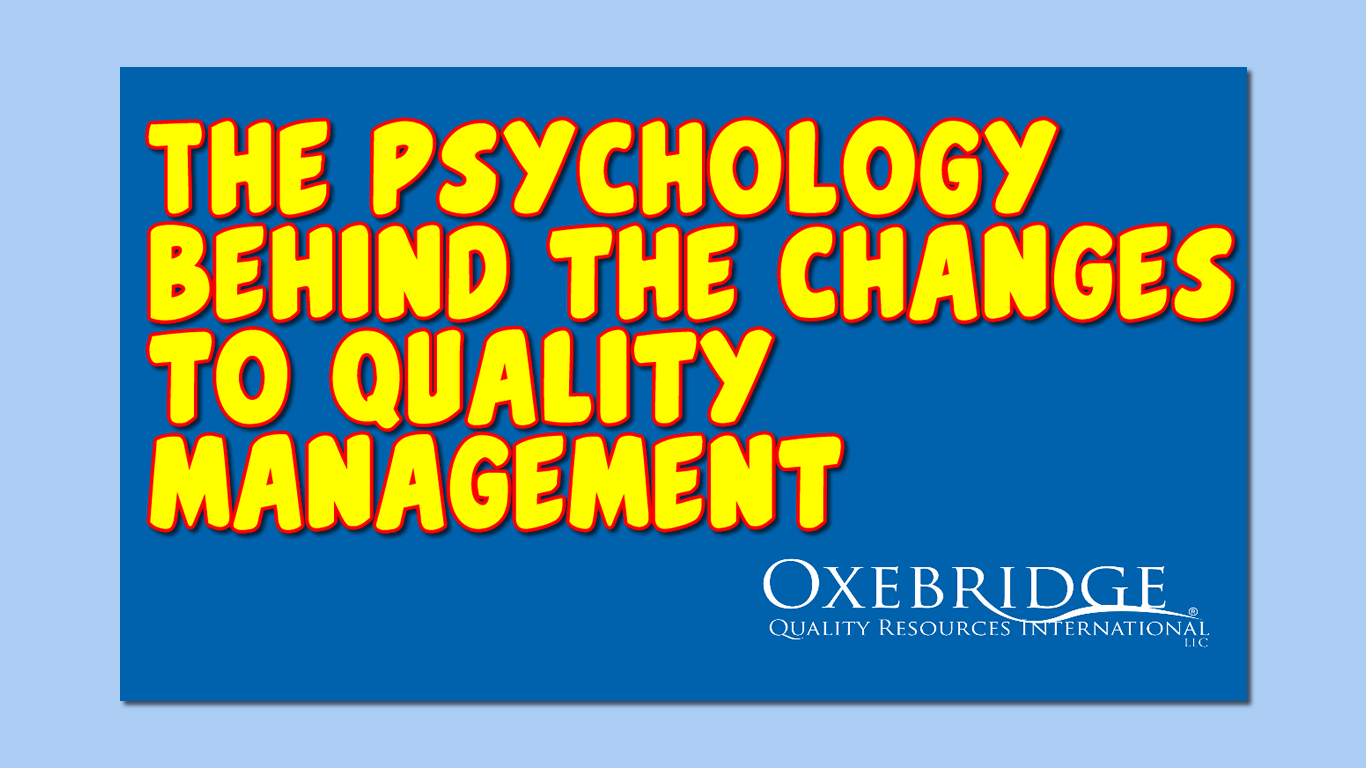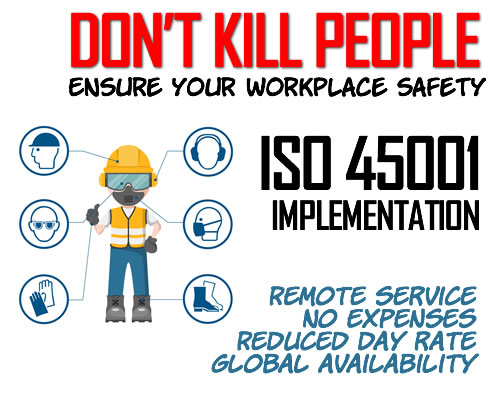The ANSI National Accreditation Board (ANAB), one of the largest accreditation bodies in the world, has finally issued a statement on the invasion of Ukraine by Russia, and the ongoing sanctions in that region. At the same time, the certification body cabal Independent International Organisation for Certification (IIOC) has released a similar statement. Neither organization committed, however, to ceasing certification services in Russia and Belarus, nor to revoke current certifications.
Current international sanctions prohibit some business transactions in Russia and Belarus, while specific sanctions have been in place against key Russian state-run firms since at least 2014.
The ANAB statement is as follows:
We at ANAB share the international community’s concern and distress regarding the situation in Ukraine and the unfolding humanitarian crisis. ANAB cares for human dignity and our thoughts are with the people who are suffering. ANAB is closely monitoring the local and global impacts of the situation, including the imposition of international sanctions on Russia and disruptions to businesses operating in that area of the world. We are committed to complying with all relevant laws, and we will communicate any appropriate changes or requirements regarding the provision of accreditation and accredited services as warranted by this evolving situation.
All ANAB accredited bodies are advised to follow closely the expanding and far-reaching sanctions being imposed by the US, UK, EU and other governments around the globe.
In the meantime, we join others throughout the world in a call for peace and an end to the current conflict in Ukraine.
While ANAB claims to be “closely monitoring” sanctions, it has not taken action to stop its logo from being used in Russia or Belarus.
Oxebridge has twice warned ANAB executives that their support of Russia and Belarus could lead to charges that the organization is in violation US OFAC sanctions. Penalties for such violations could lead to the criminal prosecution of ANAB executives, and are punishable by up to 30 years in prison, and massive fines.
ANAB accredits the controversial certification body Russian Register, and its name appears frequently in marketing materials published by that body. As of this article, Russian Register is still listed on the ANAB site as accredited and includes sites in both Russia and Belarus.

ANAB listing as of 11 March 2022, showing Russian Register still accredited, with offices in both Russia and Belarus.
ANAB collects fees from Russian Register for the use of its mark, accreditation witness audits, and other services. Such transactions appear to be violations of US Presidential Executive Order 14065, which prohibits:
the importation into the United States, directly or indirectly, of any goods, services, or technology from the Covered Regions, [and] the exportation, reexportation, sale, or supply, directly or indirectly, from the United States, or by a United States person, wherever located, of any goods, services, or technology to the Covered Regions.

Gazprom official holding ISO certificate featuring ANAB, IAF logos
Meanwhile, the ANAB logo appears on certificates issued to sanctioned companies such Gazprom.
In a prior March 3 “Heads Up,” ANAB Vice President Lori Gillespie only committed to “conducting a risk analysis and investigating the impact and risk to ANAB-accredited CABs and their ANAB-accredited conformity assessment activities.” That memo, which can be downloaded here, addressed the certification bodies as “our customers.”
“Conducting a risk analysis” is a common trope made by accreditation bodies when confronted with potential violations of laws or rules. The bodies then claim “confidentiality” when asked to produce the resulting reports, leading many to believe the risk analyses were never conducted at all.
Gillespie, a career bureaucrat with little understanding of international law, leaned into guidance from an IAF publication published in 2011, pre-dating the Ukraine invasion. That document does not address at all scenarios related to upholding international sanctions.
Gillespie is current Vice-Chair of the IAF, which has not released any statement on Ukraine and still supports providing services to sanctioned bodies.
IIOC Issues Statement
The IIOC is a loose-knit “cabal” of certification bodies, similar to the US-based IAAR. The purpose of such cabals is ostensibly to ensure better communication between CBs, but such groups have been accused of price-fixing. Membership in certification body cabals is not required, and has dubious value.
Like that of ANAB, the IIOC statement also does not commit to ending certification in Russia or Belarus, but instead claims to only be “reviewing the impact of the crisis on their ability to serve their customers in Russia, whilst supporting international sanctions.” The statement is reproduced here, in full:
IIOC and its members are shocked by the escalating conflict in Ukraine and the growing humanitarian crisis affecting the wider region. IIOC stands by the people of Ukraine in this most troubling of times for them.
The IIOC members are currently working to ensure the safety and wellbeing of their people in the region and are doing everything they can to support them, their contractors, customers and stakeholders.
The IIOC members are reviewing the impact of the crisis on their ability to serve their customers in Russia, whilst supporting international sanctions and complying with the requirements of regulators and accreditation bodies.
IIOC and its members will continue to work with its partners to be able to achieve this, ensuring priority is given to protecting people and then ensuring appropriate actions around certification and other help IIOC members provide.
IIOC and its members are closely following the ever-evolving situation and will update our response accordingly.
If any customers or others have any questions for IIOC members, they are encouraged to contact them through the usual communication channels.
The Ukraine invasion has highlighted the ISO certification scheme’s inability to balance the financial goals of certification and accreditation bodies with the moral obligations inherent in accreditation principles.







